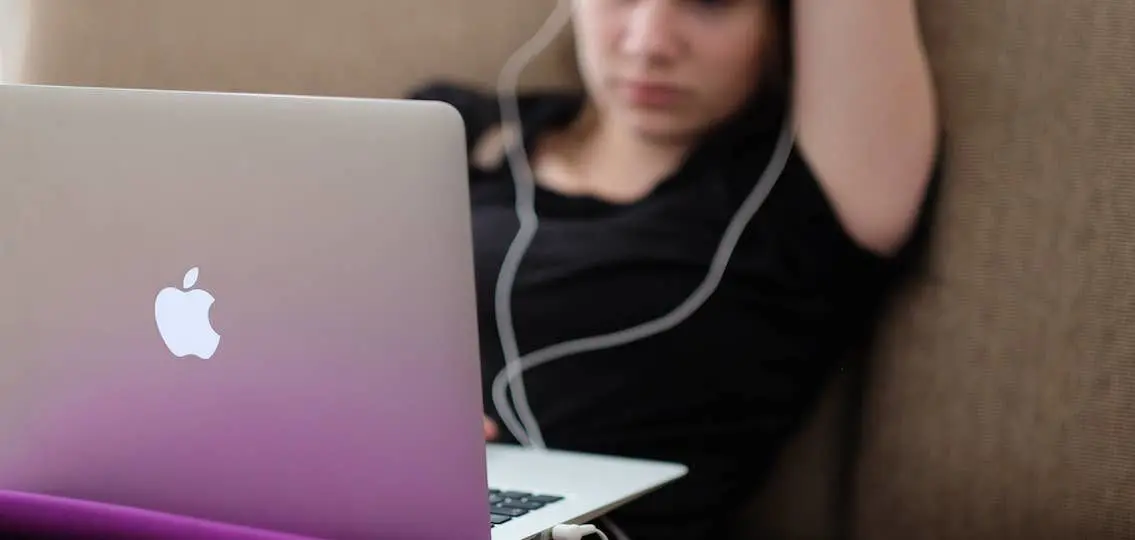Dr. Tori Cordiano is a clinical psychologist with a private practice in Beachwood, Ohio where she sees children, teenagers, and families for therapy. She is also a consulting psychologist for Laurel School in Shaker Heights and is the Director of research for Laurel Center for Research on Girls. Like so many parents, she is at home trying to figure out how to manage her practice while also homeschooling her three kids.
| [adrotate banner=”169″] |
Cordiano is aware that we are experiencing times right now that none of us have gone through before. There is so much disruption to the routines that families are accustomed to.
We’ve extracted 6 pieces of advice for how to manage sheltering in place at home with your teenagers from Cordiano’s interview with Your Teen.
Making the Best of Being at Home Due to COVID-19
1. Give ourselves grace
Of course, we want to have a plan for the coming days that includes structure and routine. But we should also expect that we are not going to get this right every single day. That’s why we need to give ourselves a lot of grace and extend that to our kids as well because they are really struggling.
I think especially in the first few days while we are trying to establish routine that grace would mean that we are going to need to course correct. Maybe we are going to make mistakes and need to learn from them. In some ways I think that this is the best sort of growth mindset teacher that we could imagine. We are going to make mistakes. And the only way that we are going to get through this in a semblance that we want to is to learn from those mistakes.
2. Go out of your way to be kind
In our family, we have talked about going out of our way to be extra kind to each other and use that as a benchmark. We have given specific examples of what that looks like. It means if your sister in annoying you check your first response, which might be to snap at her, and pause take a deep breath before you respond. To understand that we are all probably going to be snapping at each other a little more than usual. We are in close quarters and our routine is gone in the way that we are used to having it.
3. Create private space for everyone.
In terms of logistical boundaries, everyone should create a space that is their own. Remind everyone that if they are not used to living together or they haven’t been together in this way for more than a week or two in recent time, it is really important to be able to retreat to their own space when they need it. And offer others that same respect. So hopefully in most houses if it’s not your own bedroom, there is some corner of the house that can be your space if you need it and when you need it. That is your private space to be and recoup.
You may even want to devise some kind of shorthand in your family which might be a certain gesture you agree on or a certain word you can say. Then, people will understand that you need space, that you are having a hard time.
4. Let your kids grieve for what they’re missing
We are all feeling some grieving and loss but it is hard to put yourself back in the shoes of a seventeen-year-old who is counting on those last few weeks in school. To really tap into what that feels like for them. Remember those last few weeks in college after Spring Break? What a special, almost sacred time that felt like and how horrible it is that students aren’t going to have that in the way that they expected. There will be plenty of time to reframe and we can help them do that. But they also need time and space to grieve what they are going through and allow them to be angry and frightened and disappointed and confused and all of those things.
5. Help them cope
We can tell our kids “I am so sorry this is the way that things are playing out. We are going to do whatever it is we are still able to do. We are going to go for a walk around the block, do a yoga video, FaceTime Grandma. Let’s think about some of the things that might make you feel good during this time so that while you are having these totally normal, acceptable feelings, you have some life preservers to hold on to.” We don’t want our kids to be just wallowing in it without a way to help themselves feel better. Let’s try to scaffold some coping around them so that they have some resources in the midst of those feelings.
The work of adolescents is finding purpose and what has meaning for them. This is not something that any of them asked for. And yet it has been put upon them in a way that they are having to attempt to find some meaning in. We can certainly have conversation in terms of what taking measures that are going to keep us safe and healthy means in our community, our broader world. Have a conversation and ask “Do you think about our duty to the community? Does that resonate with you? How are you thinking about that?” A collaborative conversation instead of a lecture is a way to bring some meaning into a really tough situation.
6. Maintain tech boundaries
Tech has become a lifeline for people. It is important to us for our ability to connect with family and friends and broader community. But there is certainly a point of diminishing return in how much we are using it and what it is displacing. So we want to help kids find that balance of using it to stay connected, stay informed, foster those relationships, but let’s also find the times that it is important that we are all putting our phones away and choosing to do something else.
I think that every family needs to find their way in that. It is going to feel very strange and unsettling for teenagers if all the boundaries go out the window. It isn’t good for them and they know it isn’t good for them, even if they would say otherwise. So as parents it is our job to continue to hold the boundaries in whatever shape that looks like. It doesn’t have to look the same as typical routine, but some boundaries and limits need to be in place.

There is a lot of talk about social distancing being the way we protect not just ourselves but our broader community. The same concept applies to families. While home, our goal is to keep everyone’s wellbeing at the highest level that we can. That means going out of our way to extend a little more kindness. Give a little more space. Offer a little more forgiveness. That will help us to feel our best, which will in turn allow us to keep up the good habits that are going to get us through these next weeks or months.





